Labor Minister of Uzbekistan asks Cotton Campaign to end boycott on Uzbek cotton to ease COVID-19 economic pressure
Uzbekistan called on the Cotton Campaign to lift the ban on Uzbek cotton, the press service of the Ministry of Employment and Labor Relations reported.
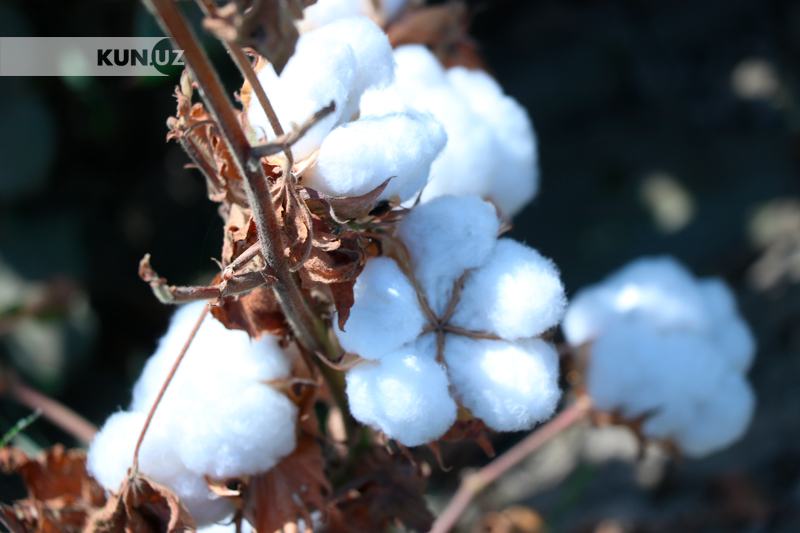
Photo: KUN.UZ
The novel coronavirus pandemic has caused significant damage to the world economy. According to preliminary estimates from the International Labor Organization (ILO), up to 25 million individuals will lose their jobs globally as a direct result of COVID-19 – Uzbekistan is no exception.
The Government of Uzbekistan is taking action to support the economy, including by establishing a 10 trillion sum ($1.05 billion) COVID-19 support fund, but many Uzbeks will remain vulnerable to the downturn. The Ministry for Employment and Labor Relations of Uzbekistan estimates that 1.5 million Uzbeks are currently unemployed. Moreover, 200,000 individuals are expected to fall below the poverty line as the country undergoes its lockdown.
Nozim Khusanov, Minister of Employment and Labor Relations of Uzbekistan, has issued an open letter to the senior leadership of the Cotton Campaign, a coalition of human rights, labor, and business organizations, asking its members to lift the global boycott on Uzbek cotton first established in 2006 due to historic reliance on forced and child labor in the cotton harvest. Over 300 global brands and retailers have signed a pledge not to source Uzbek cotton, hampering export growth and the development of the country’s textile industry.
Senior representatives of the Cotton Campaign visited Uzbekistan in late January as part of an ongoing dialogue with Uzbek governmental and civil society stakeholders. As detailed by the ILO as part of its monitoring of the 2019 cotton harvest, “systematic forced labor did not occur during the 2019 cotton harvest” and “systematic or systemic child labor is no longer used during the cotton harvest in Uzbekistan.” On March 6, 2020, President Shavkat Mirziyoyev signed a historic decree to end state directives over the production, pricing, and sale of cotton – ending a quota system in place for nearly a century.
While the lifting of the boycott is warranted given the demonstrable progress in protecting human rights and social welfare in Uzbekistan, Khusanov has issued this “urgent” call given the “extraordinary pressure” facing the labor market in Uzbekistan. Lifting of the cotton boycott is one of the few measures that could quickly generate much-needed jobs and support the economic wellbeing of Uzbeks during the COVID-19 crisis. Textile production alone employs 200,000 workers in Uzbekistan; their wages support the livelihoods of 1 million people.
While calling for an end to the boycott, Khusanov has invited the Cotton Campaign to “continue to work collaboratively” with the Uzbek government in order to enter a “new chapter of reform.” The minister seeks to draw on the expertise of Cotton Campaign member organizations “to consolidate the progress made in eliminating forced labor, to support ongoing monitoring efforts, and to assist in the introduction of sustainability and social responsibility commitments across the value chain.”
The open letter concludes by asking the leaders of the Cotton Campaign to “consider an end to the boycott as an act of solidarity towards the Uzbek people” enabling them to “secure their livelihoods in these difficult times and to look to the future with greater optimism.”
Related News
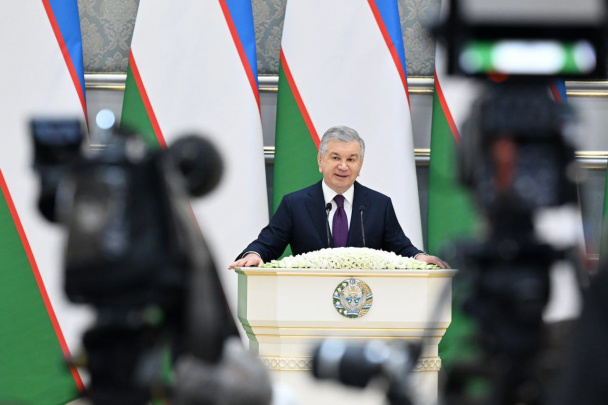
15:51 / 10.12.2025
Government sets higher crop targets as new farming technologies are introduced
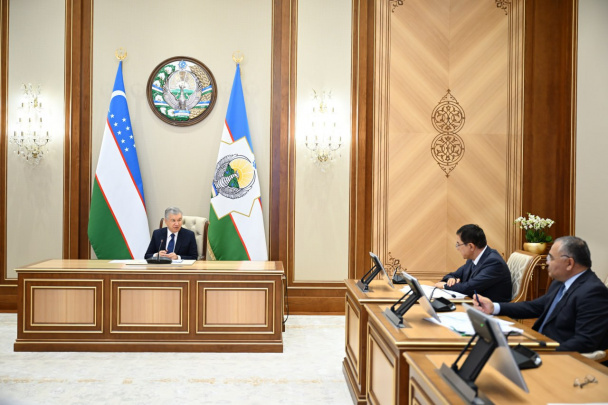
19:58 / 09.12.2025
Farmers to receive expanded support as Uzbekistan reforms agrarian sector
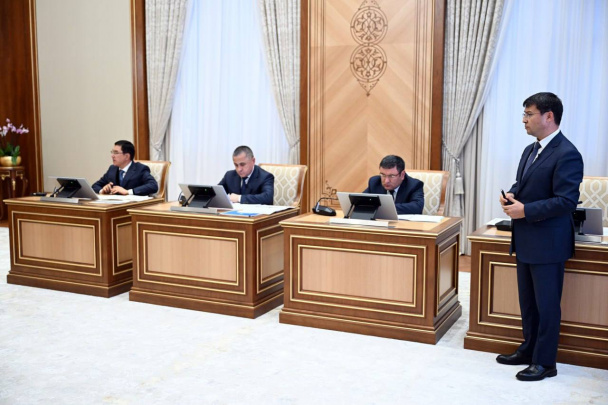
13:10 / 04.12.2025
Uzbekistan targets $1 billion in chemical exports by 2030
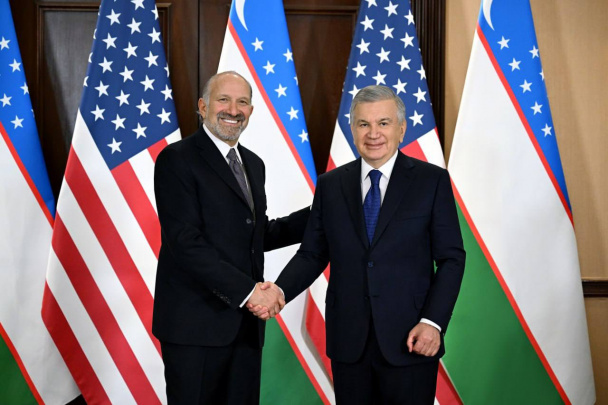
09:03 / 07.11.2025




